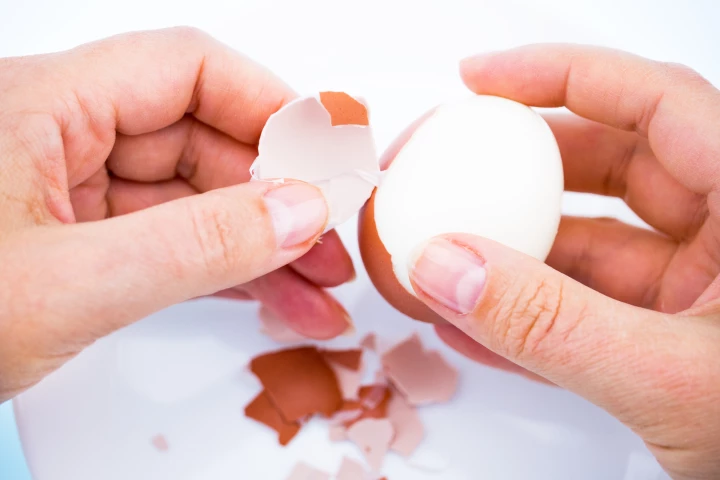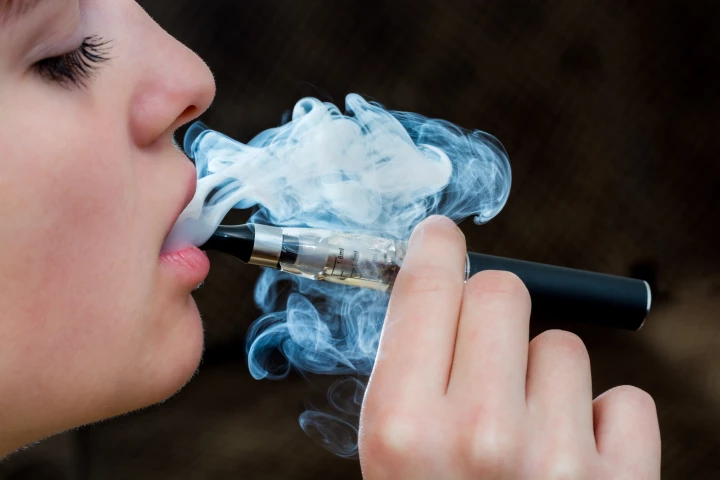McGill University
-
Taking a leaf out of the plant book, scientists have used a method not unlike photosynthesis to harness the power of sunlight and turn two destructive greenhouse gases into useful, prized chemicals for renewable fuel and greener manufacturing.
-
Gaining an understanding of how an egg's hard outer shell is anchored securely to a soft inner membrane, researchers believe could improve reconstructive surgeries like the repair of torn ligaments, which requires integration of soft and hard materials.
-
A study has found that exposure to childhood trauma increases the likelihood of experiencing chronic pain and pain-related disability in adulthood, with the risk increasing significantly after exposure to multiple adverse childhood experiences.
-
A new study has found a link between cigarette and e-cigarette use by adolescents and young adults and the frequency and severity of eye problems they reported. The effects were worse for those that used both cigarettes and e-cigarettes.
-
Over the last 15 years astronomers have detected hundreds of unexplained radio signals from space – fast radio bursts (FRBs). Now a fresh look at radio telescope data has doubled the number of known sources, bringing us closer to solving the mystery.
-
You might wonder what mice on a stage inside a 360-degree virtual-reality dome might have to do with dementia, but studying how the brain makes sense of changing visual cues could lead to better understanding of why people with cognitive loss feel lost.
-
A growing body of evidence has confirmed how much our susceptibility to mental illness is based in our genes. Now, researchers have found that depression is genetically sex-specific, opening the door to more tailored therapy than ever before.
-
It has long been known that some of the earliest mammals coexisted with the later-period dinosaurs. Now, for just the second time ever, scientists have documented fossil evidence of a dinosaur having actually eaten one of those mammals.
-
Getting a bandage to stick to your skin can sometimes be difficult, particularly if that skin is wet. This isn't a problem with an experimental new wound dressing however, which uses ultrasound-induced microbubbles to better bond with the skin.
-
Autism and ADHD are becoming better understood, but clinicians can still find the two conditions difficult to tell apart. Now, South Australian researchers say they've produced evidence that the two conditions could be diagnosed using an eye test.
-
In order to spread to other host trees, the parasitic mistletoe plant has very sticky seeds that cling to bird feathers, bark, and other materials. According to a recent study, the "glue" on those seeds could inspire new biomedical adhesives.
-
A new study led by researchers at McGill University challenges current notions of how acute pain is treated. The findings suggest treating some forms of acute pain with anti-inflammatory drugs may actually increase the risk of that pain developing into a chronic condition.
Load More











